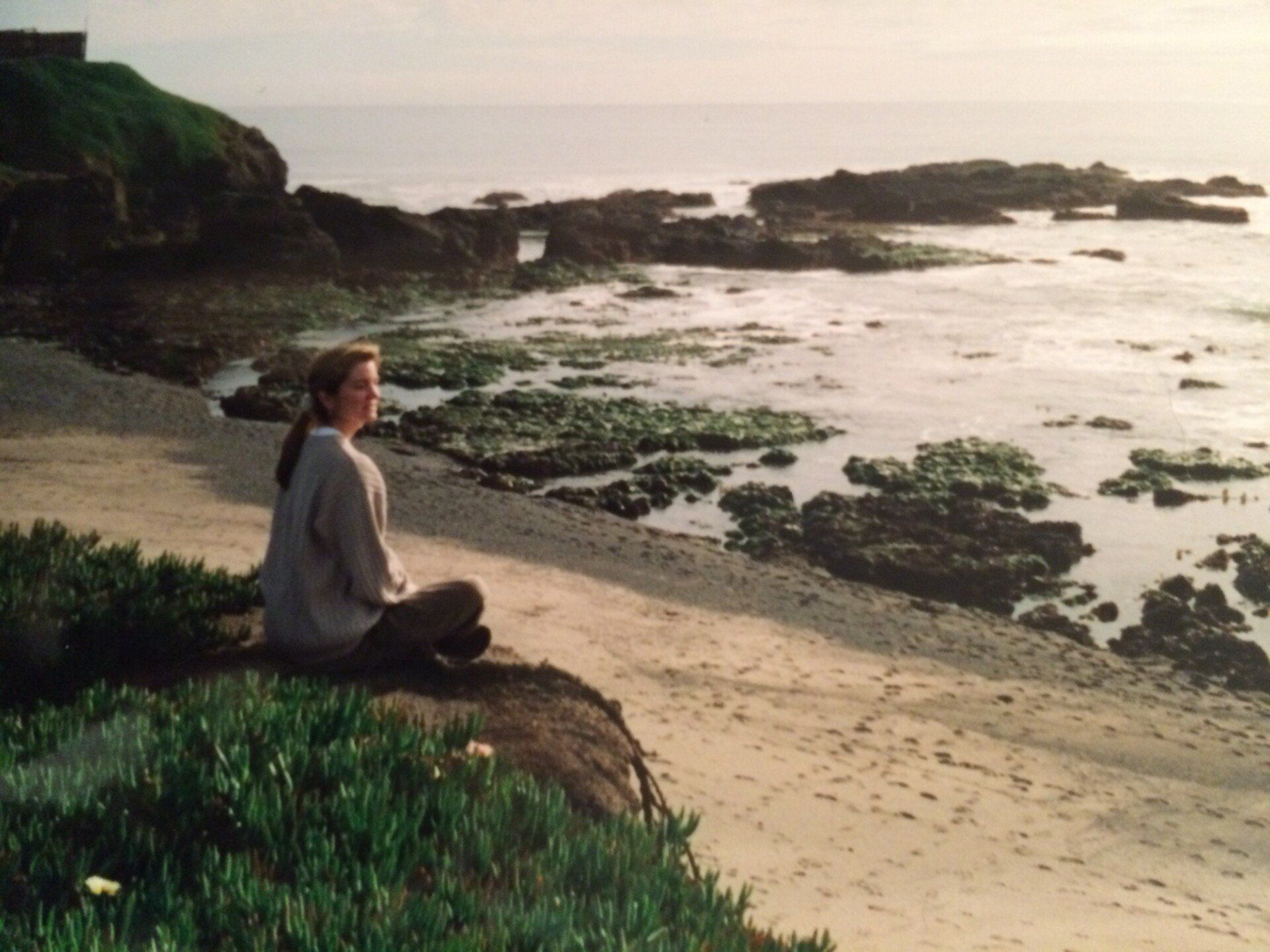
What's your "Go To"?
What’s your “go to”? We all have a thing, right? A routine. What's the first thing you do when you feel a Meniere's attack coming on? The process you hustle through when you know you’ve got about 2-5 minutes to get ready to ride out the storm. You may find mine is kind of kooky, but here goes... My first thing, it’s like a reflex, it just happens, is starting to say out loud, emphatically, like I’m trying to convince not only myself, but anyone within earshot, the cat, the universe, “Oh, no, no, no! You are okay, you are okay, no no no..” as I frantically search for the Benadryl, the Meclizine, and Dramamine. (Kind of makes you sleepy just reading that combination, doesn’t it?)
The other thing I do? I move, walk around, pace my living room. I walk up and down my drive way. If it seems to be a mild attack, I'll perhaps even go for a walk around the neighborhood. I’ll stand while I work. Movement seems to be a thing for me. It just feels like the natural thing to do. Oh, and the progressive lens bifocals definitely must come off!
Sometimes, moving around seems to keep things at a low dizzy hum, rather than a full-blown attack. Why? Not a clue. If it does blossom into the “Mr. Todd’s Wild Ride” that we all know so well, my instinct is to stand. What?! I know. Now, full disclosure, I have a window in my bathroom and I hold on to the window sill, as I focus on a couple of trees across my backyard. They’re far enough away that they don’t seem to be moving. I stare. I mean, I fixate on them. All while standing with my feet about hip distance apart, firmly planted, gently rocking my weight side to side, repeating either out loud, or internally, “you are not moving, you are not moving.”
Sounds crazy, I know. I try to keep breathing slowly and calmly. Eventually, I get so sleepy…not only from the attack itself, but remember, hopefully I still have a Meclizine, a Benadryl, and a Dramamine combo in me taking effect. I finally sit down, finding my happy place wedged between the wall, the tub, and toilet. The porcelain is cool and, contrary to what my messed-up brain signals are telling me, I’m boxed in and I’m not moving.
Somehow, this routine helps with that panic response we all experience during an attack. “You’re not moving,” becomes a mantra. Almost a meditation. Paying attention to the weight on my feet keeps me aware that those feet are not moving. I'm firmly connected to the earth, despite the fact that every fiber of my physical being is trying to convince me otherwise. And those trees across the way, they’re not moving either.
Does it make my attack stop? No. Does it help me? Yes. And as you know, every episode can be different. Just try to listen to what makes sense in that “tilt-a-whirl” moment. This whole process tends to calm me and, in the end, may help shorten my attacks, or help make them a little less severe. Staying calm and not letting our anxiety get the best of us is key.
Andy, my vestibular therapist taught me something very interesting early on. He said he was not surprised by this little ritual I’ve adopted. He encourages his vestibular patients to focus on an object several feet away, or farther, that does not appear to be moving. He teaches exercises that help build this skill. As he explained, our vestibular mechanism tells our brain where our body is in space. Meniere’s Disease scrambles that message. When we stare at a stationary object that is far away, our optic nerve is sending the message “that object is not moving…and you’re not moving either.” He says that one sense can begin to override the other. The eyes begin to override the ears, telling the brain what is actually occurring. One of our senses picking up the slack from the other. It’s really pretty cool. If you're not familiar with vestibular therapy, ask your doctor for a referral, or search for a vestibular therapist in your community. They can teach you exercises and techniques to help you manage your balance and vestibular symptoms.
We’re all different. We all have our unique bodies and individual experiences. There is certainly no “one size fits all” that’s for sure. My “one size” doesn’t necessarily fit me all of the time! If you're new to Meniere's and vertigo attacks, listen to your body. You'll begin to learn what feels right to you, what brings you comfort, and calms you in those moments when everything seems to be feeling so wrong. One thing I know for sure, getting exercise and daily movement makes a huge difference for me. My crazy habit of standing during an attack, incorporating movement (if I can do it safely), seems to be consistent with how exercise helps me. It just feels right, on an intuitive level, as I navigate my way through living with Meniere’s.
Live well!

My Dizzy Life










